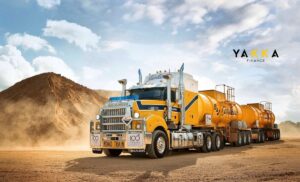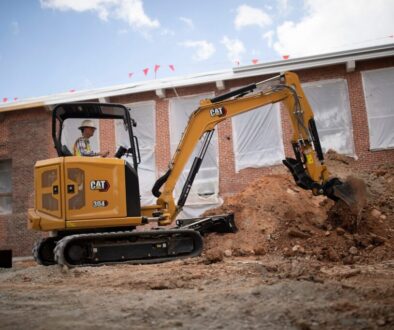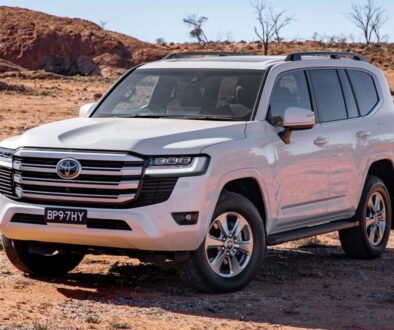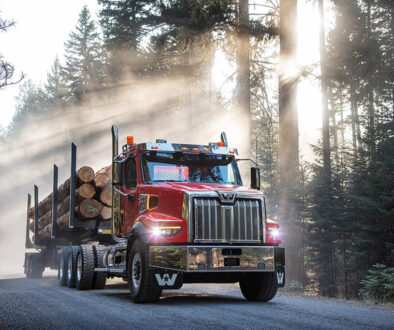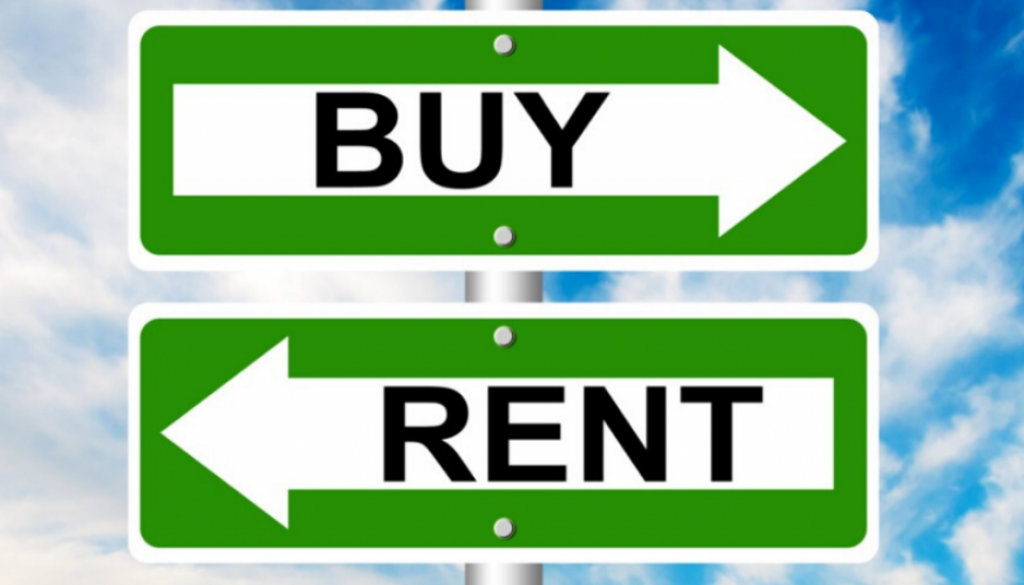
When choosing equipment for your business can be as equally exciting as it can be stressful. Apart from selecting the right type of equipment for your business needs, there are many considerations to make when choosing if you should rent or buy equipment and how it will affect your business accounting needs.
These factors include any upfront costs, maintenance costs and tax implications.
If you are leasing or renting equipment, it is similar to renting a house, you make regular payments for the use of the asset that you do not own, however if you are purchasing for cash or financing the equipment this involves the acquisition of an asset via cash sale or financing.
What finance options are available?
There are many reasons why new and small businesses may not qualify for financing equipment, this could be due to the lack of creditworthiness, however there are other conditions that banks and lenders look at such as your time in business and any available collateral.
In order your financing options, the following steps are available:
Step 1: Know your business and personal credit scores. It is important to know and understand what implications of your credit score which can affect a financing approval (need to know more, click here)
Step 2: If you are considering a lease option, be prepared to shop around to find the best lease terms. Each lender will have different requirements for approval on a lease product
Step 3: Speak with your accountant, they will be able to advise if it is best to lease or buy your equipment based on your business needs.
Step 4: After speaking with your accountant, speak with a specialised asset finance broker to find you the best deals for your business for both leasing and purchasing options.
Tax Implications of Renting & Buying
Tax Benefits of Buying v Renting
Renting (Leasing) – in many cases, leasing equipment offers the greatest tax benefits as you can claim the entire lease payment. Also, as you don’t own the equipment, the asset will not sit on your balance sheet, therefore you will not be required to calculate the depreciation
Purchasing via Finance – you can deduct the interest as an expense only
Deducting Depreciation – With assets like cars and trucks, you can deduct the depreciation of the purchased asset. Speak with your accountant to ensure that this is being calculated correctly.
Pros & Cons of Renting vs Buying We will discuss the Pros & Cons of each option
Pros of Buying (Financing)
✔️ You have complete control over what you get.
✔️ Similar or lower repayments than leasing, and you will own the asset outright at the end of the lease
✔️ Whether you purchase the asset outright or finance the asset, you can claim it as yours
✔️ You can modify the assets to meet your business needs
Cons of Buying (Financing)
❌ Larger upfront costs than leasing (upfront deposits may be required to secure the asset)
❌ You must factor in depreciation
❌ Unable to upgrade equipment. Won’t have the most up to date equipment on the market
Pros of Renting
✔️ Rental repayments are 100% tax deductible
✔️ Low upfront costs – usually 4-week bond and 1 week rent in advance
✔️ Ability to upgrade equipment at the end of the rental period
✔️ Asset does not sit on your balance sheet, you aren’t required to calculate the depreciation of the asset
Cons of Renting
❌ You don’t own the asset
❌ Renting costs more over purchasing. You will have paid more for to rent the equipment than buying it outright
❌ The interest rates on are generally higher than with financing loans secured by the asset
❌ While renting can afford you long-term flexibility, the agreements themselves can be inflexible and difficult to terminate
Determining costs for equipment through either method should include consideration of tax deductions and/or the potential for resale value. Each decision regarding equipment renting or buying should be made carefully to best fit your company’s situation and needs.
At Yakka Finance, we are experts at helping businesses in deciding whether renting, renting to own or purchasing your equipment that suits your business needs with very competitive rates starting at 3.75%
What to know more? Please feel free to call Scott Rumble on 0401 214 427 or email at scott@yakkafinance.com.au to find out more.
